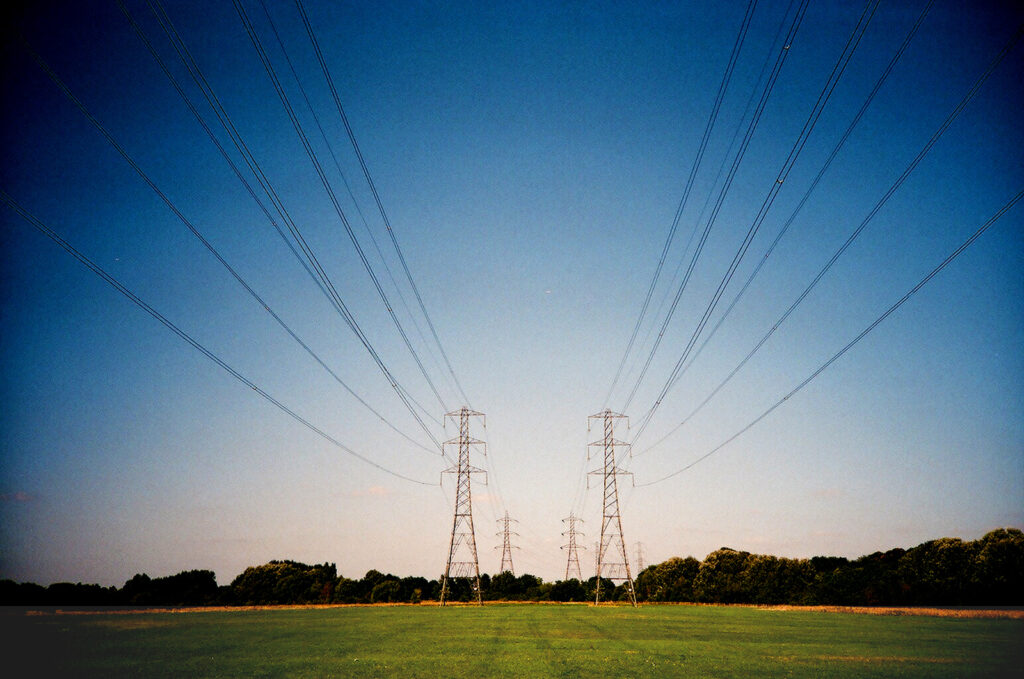A number of multinationals pledged to support the transition to clean energy in various ways over the course of last week’s Seventh Clean Energy Ministerial summit, held in San Francisco.
The event brought together ministers from numerous governments, leaders from multinational companies and sustainability experts to further the adoption of clean energy in the business landscape.
Energy minister Lord Bourne represented the UK government, while the European Commission was represented by VP for Energy Union Maroš Šefčovič.
Topics up for discussion surrounded the redoubling of efforts by businesses around the world to decarbonise, including how the private sector can source and deploy clean energy and how energy efficiency investments can be financed innovatively.
The summit coincided with the inaugural meeting of Mission Innovation, a working group established by the ministers of 20 nations – including the UK – at last year’s COP21 summit to accelerate clean energy innovation. That meeting saw the respective ministers deliver their initial plans to double clean energy R&D funding over the next five years, including technologies such as solar PV, LED lighting and electric vehicles.
The European Commission became Mission Innovation’s 21st member during the summit and Šefčovič said the EU was honoured to join.
“Scaling up clean energy innovation is key to the success of the European Energy Union and to the implementation of the Paris Agreement on Climate Change. It also represents a major global economic and industrial opportunity. Mission Innovation therefore coheres perfectly with our upcoming research, innovation and competitiveness strategy.”
While the UK has previously discussed its intent to double clean energy research, at least of which has been pledged to small module nuclear reactors, it is not yet clear how else the government intends to invest its funding.
The event also saw six companies join The Climate Group’s RE100 campaign, taking the total number of firms pledging to derive 100% of their electricity consumption from renewable sources to 65.
New additions to the campaign include data centre operator Equinix, Swedish packaging firm TetraPak, Canada’s TD Bank Group, carpet manufacturer Interface, advertising and media firm Dentsu Aegis and cloud computing provider Workday.
Those six companies have a total energy annual energy demand of more than 4,000GWh and Mark Kenber, chief executive at The Climate Group, said that this demand highlighted the need for governments to increase their support of clean energy.
“The demand push from corporates is as important as supportive government policy – bold action by businesses, cities and governments sends a strong market signal and means we can hold global warming below two degrees far more quickly.
“In many cases business wants to go further and faster. Governments can play a key role by implementing supportive policies, particularly in emerging economies – crucial for unlocking the growth of the renewable energy market globally,” he said.
Charles Brand, EVP of product management and commercial operations at TetraPak, said that while the company’s 2020 target was ambitious, the firm had already reduced its emissions by 15% compared to 2010 despite a 16% increase in production.
“Since setting our climate goal we have maximized our efforts to reduce energy consumption; committing to a renewable energy target is a natural next step. By joining RE100 we will benefit from expert guidance and peer-to-peer learning on renewable energy options in different markets.
“For us, renewable energy is a key element of our environmental agenda, and an important factor in helping us achieve our sustainable growth ambitions,” Brand added.
Meanwhile Phillips Lighting, also attending the summit, pledged to install two billion energy efficient lightbulbs by 2020, deployment which it said would save the equivalent energy generated by 60 medium-sized coal-fired power plants.
Phillips Lighting added that the deployment of those lightbulbs would amount to energy savings of around €12 billion each year.






